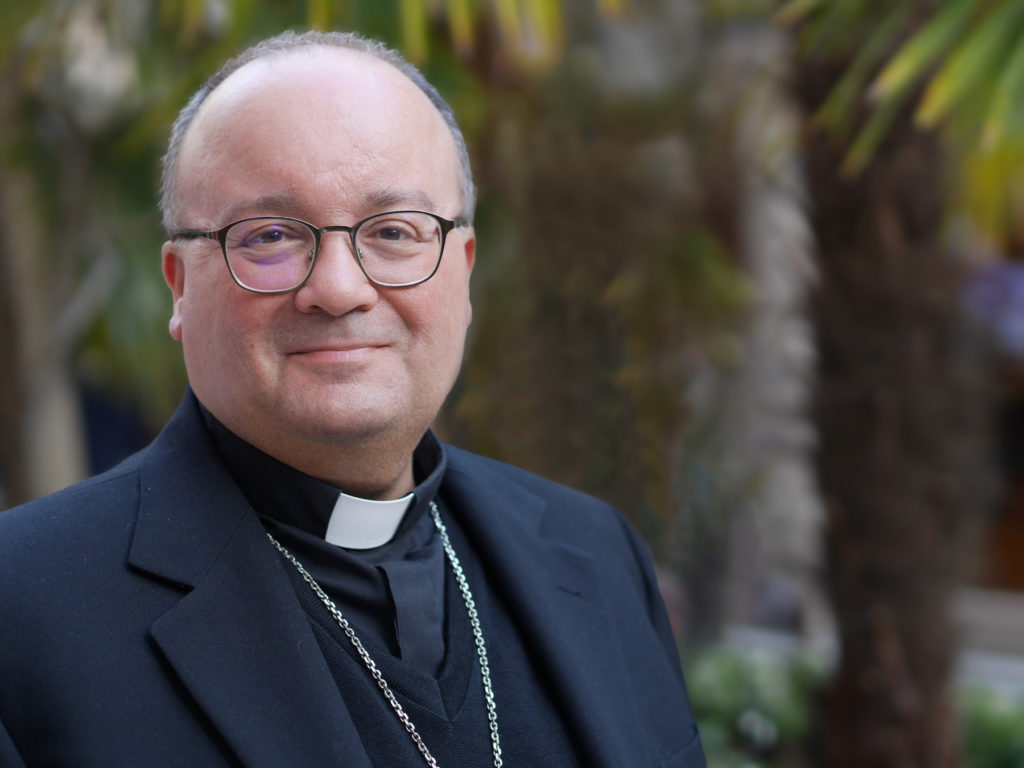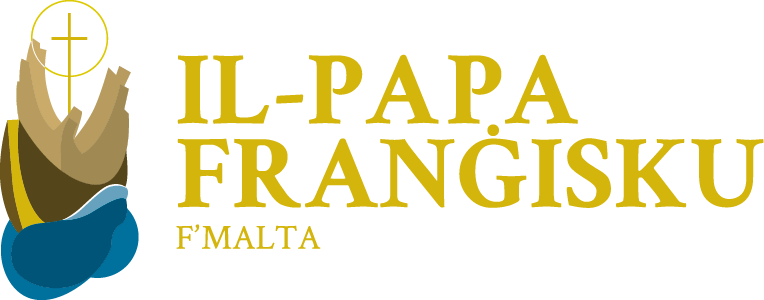
Archbishop Charles Scicluna of Malta describes an upcoming meeting of Bishops and Mayors of the Mediterranean in Florence as an opportunity for dialogue aimed at promoting harmony and justice amid the challenges facing countries surrounding the Mare Nostrum.
Pope Francis is scheduled to meet with the Bishops and Mayors of important cities of the Mediterranean on the last day of a 3-day meeting, which takes place on 23 – 27 February in Florence, Italy.
The upcoming meeting is dedicated to reflections on the challenges that communities and cities bordering the Mare Nostrum are called to face. It also provides an opportunity to resume the dialogue which began during the Pope’s visit to Bari in February 2020 for a meeting themed: “Mediterranean, Frontier of Peace” which gathered Bishops from 20 countries around the Mediterranean Sea.
As preparations ramp up, Archbishop Charles Scicluna of Malta spoke to Vatican News in an interview about the importance of such a meeting for the small island country, an important port of entry on the cross-Mediterranean migratory route.
Malta: A meeting point
For many years, significant numbers of migrants have been braving the Mediterranean waters in order to reach the shores of Malta. According to the UN Refugee Agency (UNHCR), between 1 January and 31 December, there were 832 sea arrivals into the country.
“Malta is at the heart of the Mediterranean,” Archbishops Scicluna says. “It is not only a geo-political situation and status, but it is also part of our heritage to be a safe haven for so many seafarers on the Mare Nostrum.”
More so, in the country’s culture and history, it has been “a point of meeting” and at other times “a point of conflict,” the archbishop points out. In this regard, he highlights the meeting purpose to promote the cause for peace which is vital for the region’s survival and wellbeing.
Dialogue toward harmony and justice
Reflecting on his expectations for the meeting, Archbishop Scicluna notes that it will be an “opportunity to dialogue, and to meet”, which in itself is a blessing.
He says that the Florence meeting, which flows from the 2020 meeting in Bari, offers the added advantage of creating a forum for bishops to meet with civil leaders of important cities from the Mediterranean to initiate a dialogue that will bear fruit in the region – fruits that “will be like the fruits of seeds that we sow when we face each other and when we also confront each other with our problems, with our challenges but also our hopes.”
In this sense, dialogue will “bring forth more harmony and also more justice, because we will have to shoulder responsibilities but also empower ourselves in hope and also in mutual trust.”
Protection of migrants
Archbishop Scicluna serves the Church in various positions, including in the field of protection, investigating clergy-related sexual abuse cases in the Church.
Responding to a question about the Church’s efforts in migration advocacy and the creation of safe channels for migrants who are often exposed to dangerous situations, including trafficking, the Archbishop highlights the Pope’s frequent calls for the protection of the dignity of every human person regardless of their age or their predicament.
“We cannot be safe in our homes, if we are not also empowering other people to be safe and treated in a humane way,” he adds.
Pope’s visit to Malta
Pope Francis will be traveling to Malta for an Apostolic Visit from 2-3 April, visiting the cities of Valletta, Rabat, Floriana and the island of Gozo.
Archbishop Scicluna expresses his hope that the Pope’s visit bring a “message of reconciliation” and “a prophetic voice” to the heart of the Mediterranean, so that its waters – the “blue Cemetery” – may become “a sea of tranquility, a sea of harmony, and a safe passage for people trying to find a better life.”
Click here to listen to Archbishop Scicluna’s interview.
